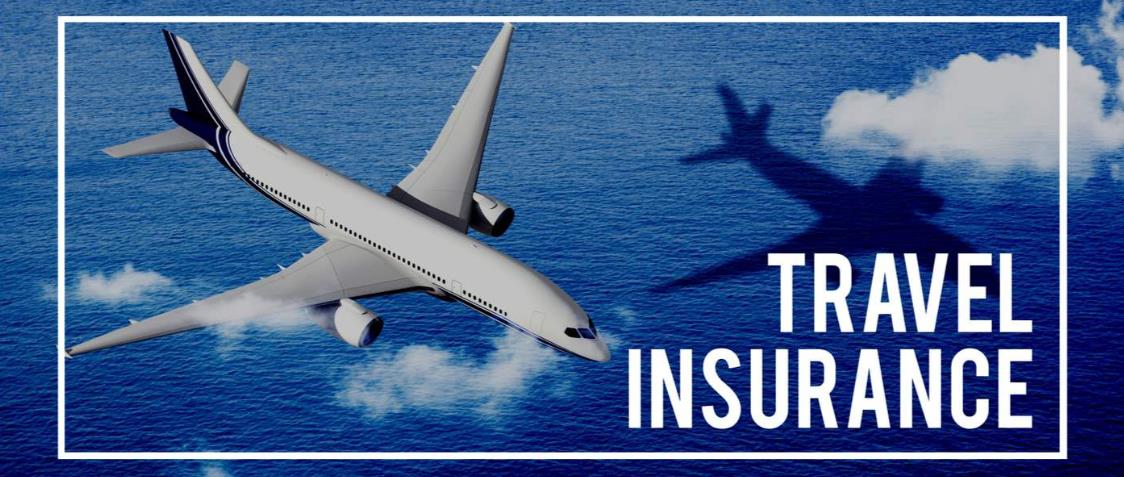Why Travel Insurance Matters
Travel insurance provides financial protection against a range of potential issues that can arise before or during your trip. These issues might include medical emergencies, trip cancellations, lost baggage, or even travel delays. Without insurance, these incidents could result in substantial out-of-pocket expenses and stress. Here’s why travel insurance is essential:
- Medical Emergencies: Health issues can arise unexpectedly, and medical care abroad can be costly. Travel insurance often covers medical expenses, ensuring that you receive necessary care without facing hefty bills.
- Trip Cancellations: If you need to cancel or cut short your trip due to unforeseen events like illness, a family emergency, or other covered reasons, travel insurance can help you recover non-refundable costs.
- Lost or Delayed Baggage: Baggage issues are common and can be frustrating. Insurance can provide compensation for lost, stolen, or delayed luggage, alleviating some of the stress associated with travel disruptions.
- Travel Delays: Weather conditions, strikes, or technical issues can cause flight delays. Insurance can cover additional expenses incurred during delays, such as accommodation and food.
Types of Travel Insurance
Understanding the different types of travel insurance can help you choose the policy that best suits your needs:
- Medical Coverage: This is crucial if you’re traveling abroad. It covers medical expenses, emergency medical evacuation, and sometimes even dental emergencies. Check if the policy provides coverage for pre-existing conditions, as this varies between insurers.
- Trip Cancellation/Interruption Insurance: This covers the costs if you need to cancel or cut short your trip due to covered reasons. Look for policies that cover a wide range of scenarios, including personal emergencies and unexpected events.
- Baggage Insurance: Covers the loss, theft, or damage of your belongings. Some policies also offer coverage for delayed baggage, which can help you buy essential items if your luggage is delayed.
- Travel Delay Insurance: Provides compensation for additional expenses incurred due to delays, such as accommodation and meals. This is especially useful if your trip is affected by factors beyond your control.
- Accidental Death and Dismemberment Insurance: Although not always included in basic policies, this coverage provides a lump sum benefit in the event of a serious accident that results in death or significant injury.
How to Choose the Right Policy
Selecting the right travel insurance policy involves considering several factors to ensure it meets your needs and offers adequate protection:
- Assess Your Needs: Consider your destination, activities planned, and health conditions. For example, if you’re going on an adventure trip with high-risk activities, ensure your policy covers such activities.
- Compare Policies: Different insurers offer varying levels of coverage and benefits. Use comparison tools or consult with insurance brokers to evaluate different options. Pay attention to coverage limits, exclusions, and deductibles.
- Read the Fine Print: Policies can have exclusions and conditions that might affect your coverage. Thoroughly review the policy details to understand what is and isn’t covered, including any requirements for filing claims.
- Check for Pre-existing Conditions: If you have pre-existing medical conditions, confirm whether they are covered under the policy. Some insurers offer waivers for pre-existing conditions if certain criteria are met.
- Consider Annual vs. Single-Trip Insurance: If you travel frequently, an annual multi-trip policy might offer better value compared to buying insurance for each trip individually.
Tips for a Smooth Insurance Experience
To ensure that you fully benefit from your travel insurance and have a hassle-free experience, keep the following tips in mind:
- Keep Documentation: Retain copies of all relevant documents, including your policy, receipts for any expenses related to claims, and any communication with the insurance provider.
- Report Issues Promptly: Notify your insurer as soon as possible if you encounter any problems or need to make a claim. Prompt reporting can expedite the claims process.
- Understand the Claims Process: Familiarize yourself with the steps for filing a claim. Each insurer has specific procedures, and knowing these can help you navigate the process more efficiently.
- Travel Safely: While insurance provides a safety net, practicing good travel safety habits—such as securing your belongings and following local guidelines—can help prevent issues from arising in the first place.
- Review and Renew: After your trip, review your insurance experience. If you travel often, consider reviewing and renewing your policy annually to ensure it continues to meet your needs.
Conclusion
Travel insurance may not be the most glamorous aspect of trip planning, but it’s a vital component for ensuring a safe and worry-free journey. By understanding the different types of coverage, carefully selecting the right policy, and following best practices, you can protect yourself from unexpected problems and focus on enjoying your travels. So, before you set off on your next adventure, take the time to secure travel insurance and travel with peace of mind. Safe travels!
